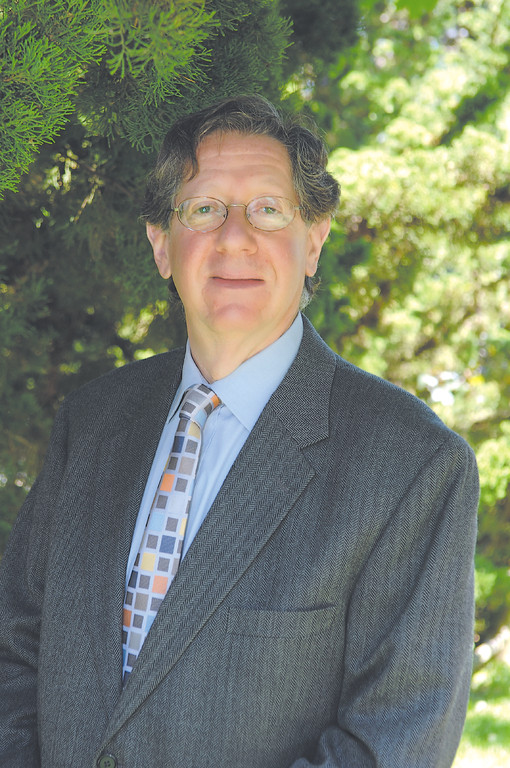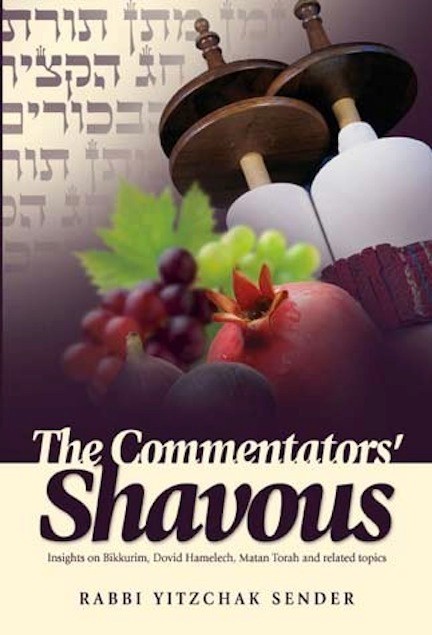Getting Torah, learning Torah
Shavuot is the shortest Jewish Bible-based festival, yet it is the most spiritually-powered.
Prime to this holiday is the commemoration of the receiving of the Ten Commandments, perhaps the most spiritual event in all world history. The central personality of the Shavuot saga is Moshe Rabeinu.
In his book, “The Commentators’ Shavuos,” Rabbi Yitzchak Sender cites the following from Maimonides: “You should know about the fundamental principle alluded to in the Mishnah, which is that all mitzvos that are observed today are kept only because G-d commanded them to Moshe, and not on account of the fact that He commanded them to the prophets who preceded him.”
Rabbi Sender continues:
“What this means, for example, is that our abstinence from eating the flesh of a living animal, and from eating the ‘gid hanasheh,’ is not on account of G-d’s prohibition of such to, respectively, Noah and Jacob. Rather, we abstain from eating these foods only because G-d reiterated these mitzvos at Mount Sinai. Accordingly, we say that 613 mitzvos were ‘given’ to Moshe at Sinai. For despite the fact that many of these mitzvos were already commanded even before the Sinai Revelation, we have kept them from that time forward only on account of their being given anew at Sinai through Moshe.”
The text is laced with questions that draw out conclusions:
•”What difference does it make whether the basis of our fulfilling the commandments is because they are given to Moses or because they were given to the Avos?”
•”Why is it that G-d did not give the Torah to the Avos, much earlier in our history?”
•”Why did He instead wait so many years until the days of Moshe?”
“The Rambam does not mean to distinguish per se between the religious authority and/or patriarchal significance of Moshe, versus the avos,” Rabbi Sender writes. “Rather, the Rambam here emphasizes that our mitzvos are performed on account of their issuance to Moshe at Mount Sinai because the mitzvos at Sinai began to be of a difference [in] quality than the quality of the mitzvos performed earlier by the avos.”

 56.0°,
Overcast
56.0°,
Overcast 









